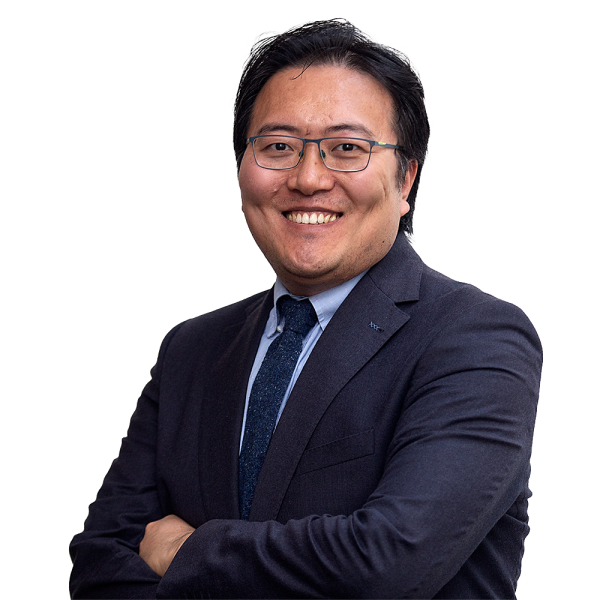Economically inactive residence: how to apply and renew It?

According to EU Directive 2003/109, EU permanent residence permit holders are eligible to reside in another EU Member State in an ‘economically inactive’ status, provided they have stable and regular resources, sufficient to maintain themselves and family members, without recourse to the social welfare system of the host Member State. This ‘economically inactive residence permit’ is valid for 5 years.
How to Apply?
Step 1: Acquire EU permanent residence
The chart below shows the name applied to EU permanent residence in various Member States. Check your ID card to see if you are qualified.
|
Country |
Name of EU permanent residence status |
|
Austria |
Daueraufenthalt – EG |
|
Belgium |
EG-langdurig ingezetene / Résident de longue durée – CE / Daueraufenthalt – EG |
|
Bulgaria |
дългосрочно пребиваващо в EC" (Latin alphabet:"D-lgosrotsjno prebivavasjto v EC (Former version: дългосрочно пребиваващо лице (Latin alphabet: D-lgosrotsjno prebivavasjto litse) |
|
Cyprus |
Long-term resident – EC |
|
Czech Republic |
Povolení k pobytu pro dlouhodobě pobývajícího rezidenta – ES |
|
Estonia |
Pikaajaline elanik - EU (Former version: Pikaajalise elaniku - EÜ) |
|
Finland |
P EY 2003/109 EY óf P EG 2003/109 EG (Former version: Pitkään oleskelleen kolmannen maan kansalaisen EY-oleskelulupa) |
|
France |
Carte de résident de longue durée - Communauté Européene (from 20 June 2011) Carte de résident de longue durée - CE (before 20 June 2011) |
|
Germany |
Daueraufenthalt – EG |
|
Greece |
επί µακρόν διαµένων – ΕΚ (Latin alphabet: Etti makron diamenoon - EK (Epsilon Kappa) |
|
Hungary |
Huzamos tartózkodási engedéllyel rendelkező – EK |
|
Italy |
Soggiornante di lungo periodo – CE |
|
Latvia |
Pastāvīgī dzīvojosa persona - ES (Former version: Pastāvīgais iedzīvotājs – EK) |
|
Lithuania |
Ilgalaikis gyventojas – EB |
|
Luxembourg |
Résident de longue durée – UE (Former version: Résident de longue durée – CE) |
|
Malta |
Residenti fit-tul - KE (Former version: Residenti għat-tul – KE) |
|
Netherlands |
EU – langdurig ingezetene |
|
Poland |
Pobyt rezydenta długoterminowego – UE (Former version: Rezydent długoterminowy – WE |
|
Portugal |
Residente CE de longa duração |
|
Romania |
Rezidenţi pe termen lung |
|
Slovenia |
Rezident za daljši čas – ES |
|
Slovakia |
Osoba s dlhodobým pobytom – ES |
|
Spain |
Residente de larga duración – UE (Former version: Residente de larga duración – CE) |
|
Sweden |
Varaktigt bosatt inom – EG |
|
Notes |
*Ireland and Denmark are not on the list as they opted out of the adoption of the EU Directive 2003/109. Therefore, long-term residence in these two countries are not entitled to EU-permanent residence. **Switzerland, Iceland, Norway and Liechtenstein are not on the list as they are not EU Member States. |
Step 2: Sufficient resources and stable income
The prerequisite of residing in another Member State in an ‘economically inactive’ status is having sufficiently stable and regular resources. In light of the interpretation from the Dutch Immigration Department (IND), the definition of ‘sufficiency’ refers to income generated from net assets that can sustain a minimum standard of living in the Netherlands. These net assets can be cash or immobile property. For example, if you own a property in another country and you rent it out; or the interest from your bank saving can be regarded as income generated from assets. Please note, if your family moves to another Member State with you, such income must meet 21.600, EUR per year (or 1.800,- EUR per month) (data as of 2020).
Step 3: Income sustainability
Moreover, the IND will also evaluate the sustainability of your income during the application. The Court in Den Haag received a case recently regarding such an evaluation. The fact of this case is that the applicant owns a small shop in Italy that was worth 50,000 EUR. The applicant rented it out in return for 2,500 EUR monthly rental income. At the time she applied for residency in another Member State with ‘economically inactive’ status, the rental contract for the shop was valid for the next 10 months. The IND refused the application, claiming that this cannot be regarded as ‘sustainable income’. In fact, viewing the judgments from the European Court of Justice, the Court acknowledges that such evaluation is at a national authority’s disposal, although the national authorities must consider the applicants’ financial situation in an all-round and comprehensive manner.
Last but not least, and from our observations we derive that the IND has become stricter in its evaluation over the years. Applicants used to obtain a residence permit easily, even if they did not have a large number of net assets. However, the Dutch authorities now evaluate every detail and a small procedural mistake could result in the rejection of the application.

Gerelateerde artikelen
- Latest ECJ Judgment: Loss of EU long term stay permit due to absence?
- Overstay and entry ban: how does it work?
- Economically inactive visa for long term residents from other EU countries
- Dutch American Friendship Treaty: different forms of busness associations in the Netherlands
- Athlete permit: a visa for talented sportspeople
- Dutch American Friendship Treaty: a residence permit for American entrepreneurs
- New IND policy: residential address requirement for EU long term permit holders
- Two Types of Permanent Residence Permits in the Netherlands: This is What You Need to Know About Them
